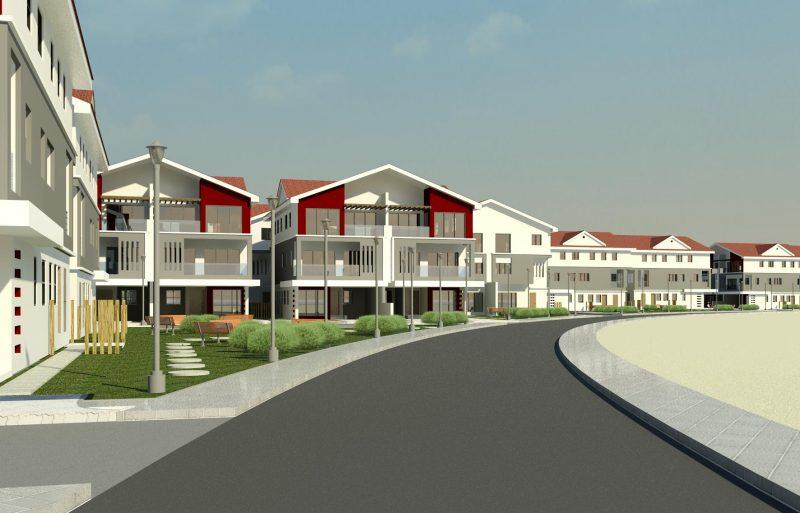
Introduction
Real estate technology, often referred to as PropTech, is revolutionizing how properties are bought, sold, rented, and managed in Nigeria. With the country’s growing population, increasing urbanization, and the need for efficient property transactions, technology is playing a pivotal role in shaping the real estate sector.
Current State of Real Estate in Nigeria
Nigeria’s real estate market is one of the most vibrant in Africa. However, like many emerging markets, it faces challenges such as lack of transparency, inefficient processes, and limited access to financing. These challenges create opportunities for technology to bridge gaps and enhance the overall experience for buyers, sellers, renters, and property managers.
Key Areas of Real Estate Technology in Nigeria
- Property Portals and Listings: Online platforms like PropertyPro.ng, Nairaland’s Property section, and others are making it easier for buyers and renters to find properties. These platforms provide listings, photos, and sometimes virtual tours of properties.
- Digital Payments and Financing: Fintech integration is enabling easier payment solutions for property transactions. Platforms are facilitating mortgage applications and digital payments for rents and purchases.
- Property Management Software: Tools for managing properties digitally are helping landlords and property managers handle rentals, maintenance requests, and tenant communications more efficiently.
- Virtual Tours and Augmented Reality: Some PropTech companies are introducing virtual tours and augmented reality experiences to help potential buyers or renters view properties remotely.
Benefits of Real Estate Technology in Nigeria
- Increased Transparency: Online listings and digital records can reduce fraud and increase trust in transactions.
- Efficiency: Digital processes speed up transactions, reduce paperwork, and make property management more effective.
- Accessibility: Online platforms make it easier for people across Nigeria to find and transact properties without geographical limitations.
Challenges Facing Real Estate Technology in Nigeria
- Internet Penetration and Digital Literacy: While growing, internet penetration and digital literacy vary across the country, affecting adoption.
- Trust and Security: Ensuring secure transactions and building trust in digital property dealings is crucial.
- Regulatory Framework: Clear regulations specific to PropTech are still evolving.
Opportunities for Growth
- Adoption of Data Analytics: Using data to understand market trends, price properties accurately, and predict market movements.
- Expansion of Digital Services: More services like online mortgage applications, digital tenancy agreements, and automated property management can enhance the market.
- Integration with Fintech: Collaboration between PropTech and fintech can facilitate smoother transactions and financing options.
Conclusion
Real estate technology is poised to play a significant role in Nigeria’s property sector. By enhancing efficiency, transparency, and accessibility, PropTech can help meet the country’s growing housing and property needs. As technology adoption increases and regulatory frameworks adapt, the potential for growth in Nigeria’s PropTech space is substantial.
